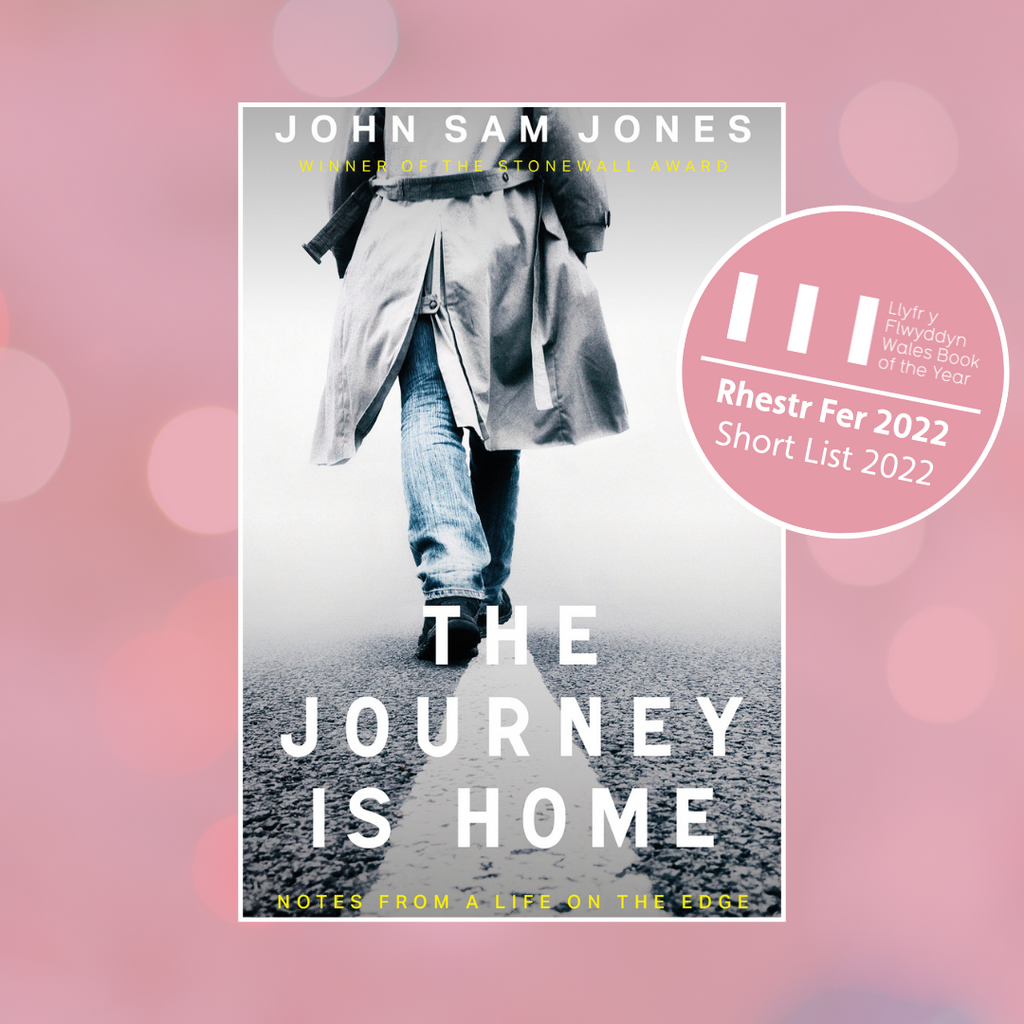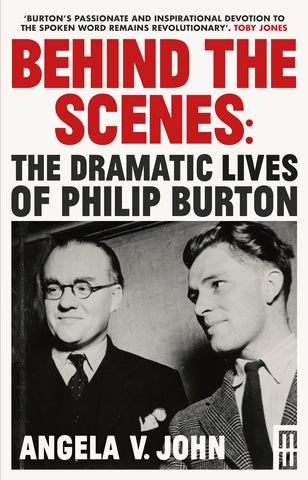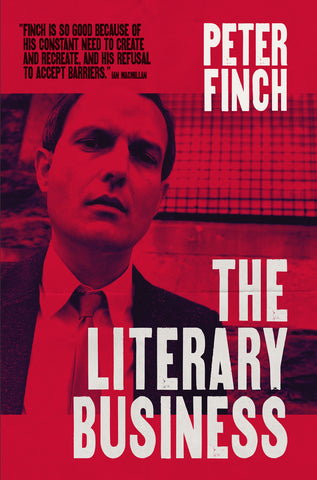In celebration of John Sam Jones' compelling memoir The Journey is Home: Notes From Life On The Edge being shortlisted for Wales Book of the Year 2022 we are revisiting his interview with Isaac Romanov. Talking about his memoir The Journey is Home. Published in both English and Welsh, The memoir tells stories from throughout Jones’ life as he journeyed from a boy on the Welsh coast to a scholar at Berkeley.
John Sam Jones worked in ministry, education and public health for more than thirty years and was a powerful activist championing for LGBTQ+ rights. In 2001 he became the first co-chair of the LGB Forum Cymru (which was later renamed Stonewall Cymru), set up to advise the Welsh Government on LGB issues. John Sam Jones now lives in semi-retirement with his husband Jupp in a small German village a stone's throw from the Dutch border.
Isaac Romanov has worked in many areas over the years including public education and research. He lives with his husband Ian in the hamlet of Bethlehem, Carmarthenshire.

I’d like to share a secret with you — I fall in love with titles. Not titles such as The Duke of here or The Screaming Queen of there, but titles of books (and films) — but not easily — so when I saw John Sam Jones’ new release, The Journey Is Home, I fell in love with it. Not only did I fall for the title, but it made me think: often we are on our own journey, looking to the end (or planning a diversion), forgetting that wherever we are we should feel ‘home’ — be in the present, the here and now. John’s title made me think about my life and my own journey, and then I was asked to do a Q&A with that same author — how lucky is that?
Isaac Romanov: I know you’re in your sixties, John, and that a few years ago you had a serious heart scare, but that didn’t seem to urge you to release a memoir then — why now? Did something happen to compel you to write it at this time?
John Sam Jones: My first ‘heart scare’ was in 2003 and during many weeks of convalescence I wrote a draft my second novel, Crawling Through Thorns, which was eventually published by Parthian in 2008. In the autumn of 2017 I had further cardiac problems and this did indeed spur me on to write the memoir Richard Davies at Parthian had been urging me to write. After some procrastination I began to work on The Journey is Home in 2018. It took almost a year to write, and after leaving it for some months to mature on the shelf the manuscript was eventually submitted in June 2019. COVID then delayed the process that led to its eventual publication in May 2021. Writing books, and getting them published, can be a long, long process.
IR: It makes complete sense to me that you, as a writer celebrated for their short stories, should write stories from your life rather than an autobiography, but were there any other reasons you chose a memoir approach?
JSJ: I can write long! I’ve written two reasonably successful novels — one very long one that some would say was too long — but yes, you’re right, I have been lauded for my short stories. I like the focus on the ordinariness of everyday life (of extraordinary people) which can take a central role in the short story, and on the significance underlying what is apparently trivial. The result of such writing can be really perceptive, revealing the subtleties of the human mind and of human behaviour.
To be honest, my thoughts about autobiography and memoir were confused. Crawling Through Thorns was an autobiographical novel, in that I took significant episodes from my own life, gave them to a fictitious character and built a fictitious world around him… and because in some respects I had told those aspects of the story of my life I wanted to tell in that novel, I wasn’t sure what else there was to tell. Then I came across this description of memoir: ‘it isn’t the summary of a life; it’s a window into a life…’. I began to think about different windows — faith, sexuality, family, secrets, electricity… — and this became a really appealing idea: a collection of writings exploring these themes that didn’t have to follow the linear structure of ‘the story of a life’.
IR: It seems to me you’ve spent a great deal of time caring for others (at times when it must have been extremely painful) — did you recognise this gift in the young John Sam Jones or did it evolve and flower over the years and through circumstances?
JSJ: As a small child I loved our neighbour’s cat, Sooty, who’d sometimes sit in my lap (whilst I sat on the doorstep because Sooty wasn’t allowed into our house). And because we were not allowed to have a cat or a dog of our own, I finally persuaded my parents to let me have a rabbit. That rabbit, Bobby, was so cwtched and pampered! Yes, I suppose I seemed to be a gentle, caring sort of child.
Growing into my early teens the bullying began. It may be paradoxical, but one response to being bullied is to want to care more for people… because you don’t want them to experience the loneliness and isolation and even the self-hatred that being the victim of bullying can induce.
Later, after Electric Shock Aversion Therapy and attempted suicide, Henri J M Nouwen’s book The Wounded Healer had a profound influence on me, enabling me to understand how woundedness can become the source of compassion.
IR: In your first days in graduate school in Berkeley you were publicly outed to the entire school by the Dean of Students. That seems to have empowered and released you — can you say some more about that?
JSJ: I went to Berkeley to study pastoral theology under the World Council of Churches (WCC) scholarship programme, and my specific area of interest (which had secured me the scholarship) was the response of churches in the San Francisco Bay Area to gay men and lesbians. Theological research and thinking in Berkeley is quite ‘cutting edge’ so it was one of the most exciting places in the western world to go, especially to explore the theology of sexuality. As the WCC Scholar for 1981–82, studying in this ‘controversial’ field, I was perceived as a bit of a ‘trail blazer’ I suppose, and the Dean of Students at Pacific School of Religion just hadn’t thought that introducing this gay man from Wales was in any way unwise or unacceptable in the progressive, heady atmosphere of the Bay Area. Her outing of me was certainly empowering and I decided, more or less on the spot, that John Sam Jones — gay man was destined to be dealt with… which wasn’t difficult to realise in and around San Francisco, but wasn’t so easy or straightforward when I returned to the UK in 1984!
IR: After the traumatic experience of Electric Shock Aversion Therapy at the old asylum in Denbigh in 1975 you tried to take your own life. Fortunately you had two guardian angels, Huw and Mair Wynne Griffith. Their wisdom, patience and presence were a great help to you in rebuilding your life. Nearly fifty years on from then, do you believe there’s still a need for guardian angels?
JSJ: Don’t we all need wise, patient mentors who will walk beside us when things get tough? Huw was a clergyman, and he was instrumental in helping me interpret those bits of scripture that, through one set of tinted glasses, can be read as condemning of homosexuality — and which had left me feeling wretched and beyond God’s love. Interpretation of scripture is fundamental to understanding the themes those ancient stories are trying to illuminate, and over many weeks, Huw and I, through our study, did re-interpret those verses and came to a less malevolent understanding. And Mair? She sat with me through hours, through days of despair, ‘because the journey is home and often we need company on the journey’.
IR: You’ve worn several hats during your varied career — all of them have been important and influential in their own way, but do you have one that gave you a feeling of complete achievement and fulfilment more than the others?
JSJ: In real time it’s often not possible to get any sense of achievement beyond the fulfilment of very specific goals. I understood the depth of the privilege that it was to sit alongside a murderer in Walton Prison and recite a beloved Psalm together. I was humbled to hold the hand of many young men, abandoned by their family, as AIDS wreaked its havoc. I was heartened to discover recently (listening to the ex-director of Public Health for Mersey Region on the radio) that the HIV prevention work I was involved with in Liverpool in the mid/late 1980s had a significant impact in limiting the long-term spread of HIV in that city.
But I think to give an honest answer to your question, I’d have to say that it is the responses to my writing! Receiving a letter saying that reading Crawling Through Thorns had saved a life… Being approached by a man from the audience after a reading at a literature festival who said that my short stories had helped him understand his son… I believe that ‘giving voice to the voiceless’ through my stories is reward enough for trying to live as the best gay man I can be.
IR: The Journey is Home is published in Welsh and English and the Welsh-language version, translated by Sian Northey under the title Y Daith ydi Adra, is your first book to be released in Welsh — how does this make you feel?
John Sam Jones: I’m absolutely delighted. Bilingualism is a strange attribute… It’s frustrating to me, as a fluent Welsh speaker, that I never discovered the gift of writing prose in Welsh (I do write letters and emails). Sian’s translation is outstanding and the significance of having a gay themed memoir in the Welsh language can’t be over-stated. I read novels in both Welsh and English, but in talking with Sian I discovered that there are Welsh speakers in Wales who read very little in English, so I’m very happy that they have the opportunity to read this memoir in their chosen language.
IR: Is this memoir complete, or is it a first instalment? Should we be on the lookout for a part two further down the line?
John Sam Jones: Is a memoir ever a complete appraisal? There were stories I had to leave untold because to have shared them would have outed men whom I have no right to out, and there were stories omitted because those involved said they’d rather not see their names in print… but some other tomorrow life will have moved on and I will see the world through a different set of glasses, so things that seemed insignificant when I was writing The Journey is Home may perhaps have taken on new meanings.
This interview was first published in the Wales Arts Review, reprinted with kind permission.
Vote now for The Journey is Home: Notes From A Life On The Edge by John Sam Jones in the people choice category for the Wales Book of the Year 2022. Voting closes on the 25th July.



